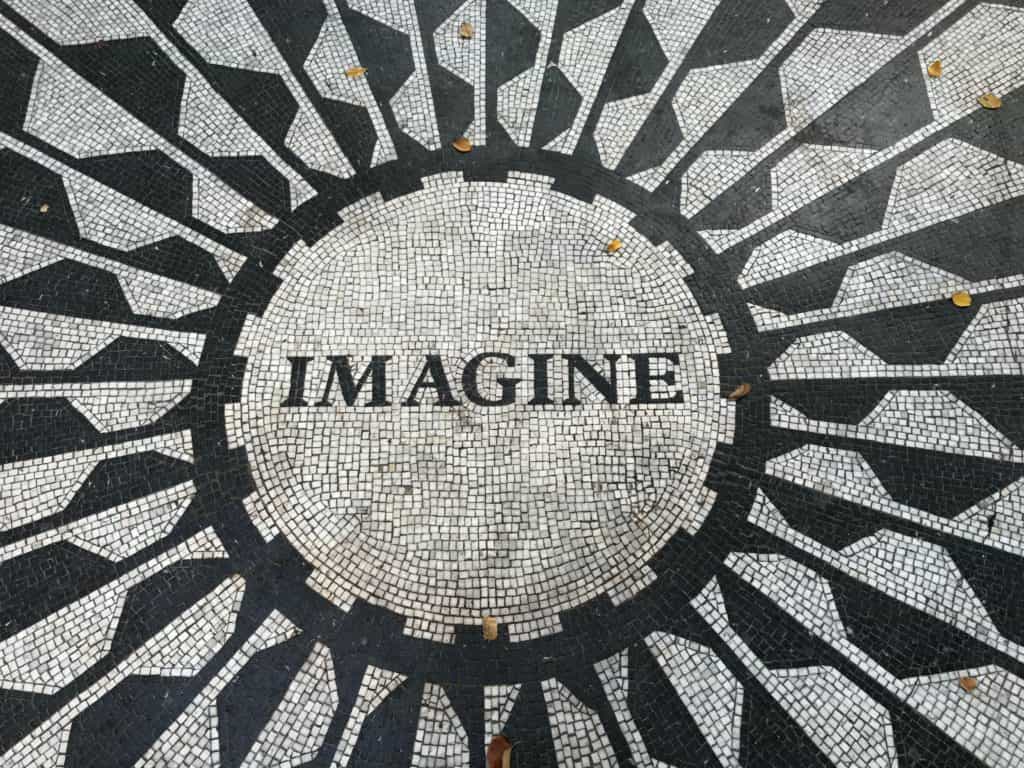The COVID-19 pandemic has laid bare economic and social fractures that were there before. Inequality isn’t simply about how much stuff you have, or how nice it is. It’s about life and death.
But there will be an after. What happens #afterthis?
We’re all coping with now, and it isn’t easy. But it’s also a time to think about the future. Here’s something new from NCRC to encourage hope, creativity and a Just Economy:
#AfterThis is an online festival of ideas and art. It’s a way to inspire thinking and spark conversations about the future, especially with friends, family and a wider network of people who may not respond to other things we do. As the name implies, it’s about what happens after we get through the coronavirus catastrophe. What should a Just Economy look like then?
What does a Just Economy mean to you?
Post your answers in social media. That’s also where you should invite friends and family to join and post theirs. Make sure you use these tags: #justeconomy #afterthis
Further instructions on how to take part in the festival at: www.afterth.is
Below: A sample message you might share on social networks or in an email to your list.
===
A sample message:
Although this is a truly dark moment, I’m also thinking about the future. Inequality so clearly a matter of life and death. It’s a crisis too. Just launched, please answer and explore: What happens #AfterThis? Details at: https://t.co/F8nR25Z8yi
— Andrew Nachison (@anachison) April 8, 2020
===
Photo by Jeremy Beck on Unsplash




A just economy will encourage people to be productive while also being good stewards of the natural environment. This can be achieved, at least in part, by ensuring that everyone pays a fair share for public goods and services. Such payments should be in proportion to the benefits that they receive or to the costs that they impose upon others. Guaranteed minimum income, universal health care and a progressive income tax are key components as well.
Today, economic incentives associated with our tax system discourage home improvement and maintenance while encouraging parasitic land speculation. Economic incentives can be harmonized with public policy objectives for job creation, affordable housing, transportation efficiency and sustainable development.